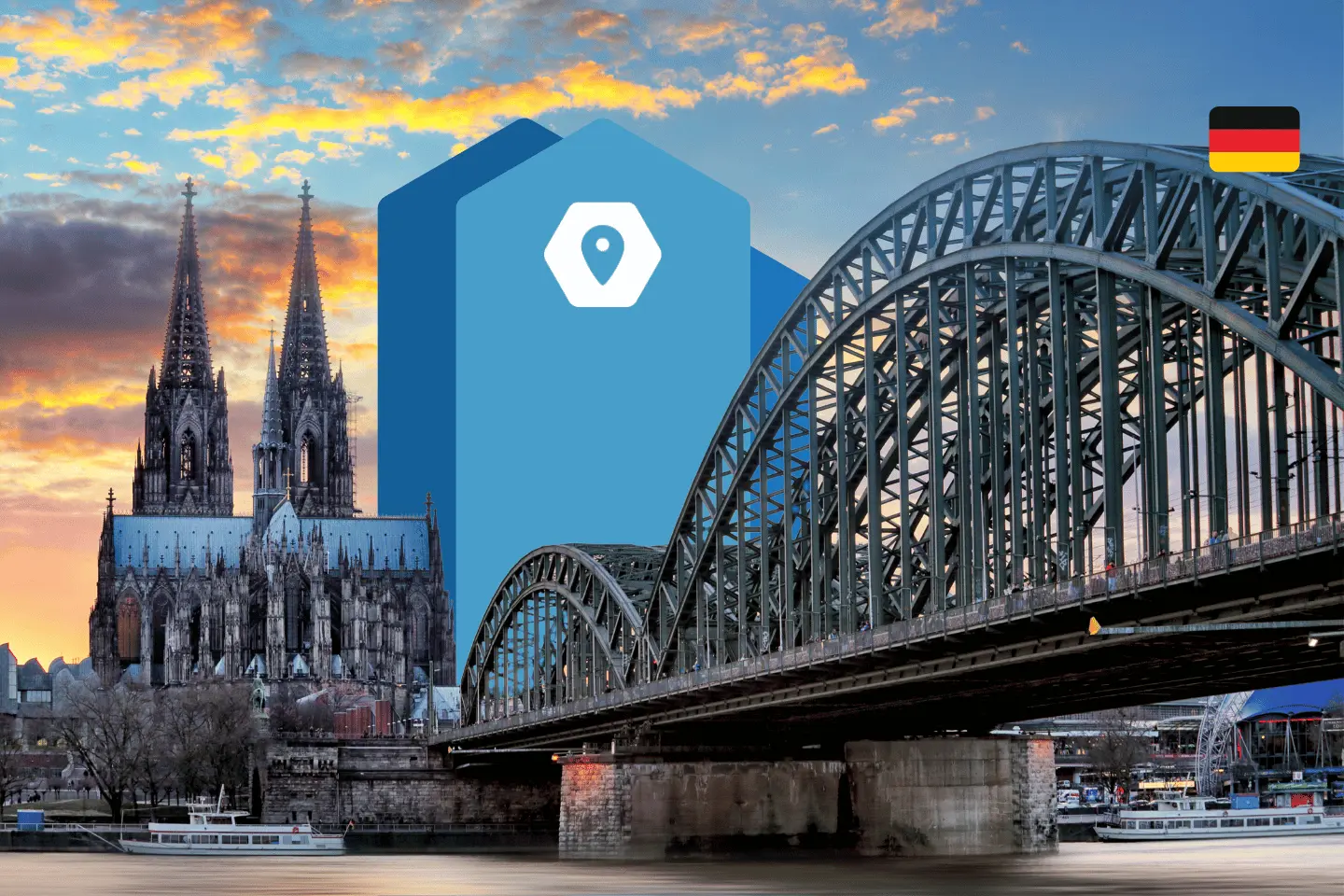Introduction to Qualified Employment Permit for Skilled Workers (Academic Degree)
Germany has become a prime destination for skilled workers from around the world, particularly those holding academic degrees. The country’s economy is in need of qualified professionals to fill gaps in various sectors, and the Qualified Employment Permit system facilitates this process. This article delves into the specifics of obtaining a Qualified Employment Permit as a skilled worker with an academic degree.
Eligibility Criteria
To qualify for a residence permit as a skilled worker with an academic degree, applicants must meet several key requirements:
| Requirement | Details |
|---|---|
| 1. Recognized Academic Degree | The applicant must possess an academic degree that is either recognized in Germany or equivalent to a German degree. This recognition can be verified through the Anabin database, which lists approved foreign qualifications |
| 2. Job Offer | A concrete job offer from a German employer is mandatory. The position must align with the applicant's academic qualifications and be classified as “qualified employment” |
| 3. Salary Threshold | Applicants must meet a minimum annual gross salary requirement, which is updated annually. For 2025, this threshold is set at €53,130 for workers over 45 years old. If the salary does not meet at least 55% of the annual contribution assessment ceiling for pension insurance, proof of adequate retirement provision is necessary |
| 4. Regulated Professions | If the job falls within a regulated profession (such as medicine or engineering), the applicant must secure a professional practice license before applying for a residence permit |
| 5. Additional Documentation | A complete application includes:
- A signed visa application form. - A recent biometric passport photo. - A valid passport (with at least two blank pages and valid for three months beyond the intended stay). - Proof of address in Germany. - A Declaration regarding employment filled out by the employer |
Need this information in your email? read it for later, get information directly in your inbox
Application Process
|
1
Gather Required Documents
|
Applicants must gather all necessary documents, including proof of their recognized degree, job offer letter, and any required licenses for regulated professions. A checklist provided by German authorities can help ensure that all documents are complete |
|
2
Submit Application
|
Once all documents are prepared, applicants must submit their visa application at the relevant German consulate or embassy in their home country. It is crucial to ensure that all documentation is complete to avoid delays or rejections |
|
3
Federal Employment Agency Approval
|
Generally, approval from the Federal Employment Agency (Bundesagentur für Arbeit) is required before a temporary residence permit can be issued. This agency assesses whether there are sufficient local candidates for the position offered to the applicant |
|
4
Receive Residence Permit
|
Upon successful application and approval, the applicant will receive a temporary residence permit valid for up to four years, contingent upon the duration of their employment contract. |
Need this information in your email? read it for later, get information directly in your inbox
key differences between Qualified Employment Permits in Germany.
Important Considerations
- Language Skills: While language proficiency may not be mandatory for all positions, having some knowledge of German can enhance job prospects and ease integration into the workplace.
- Temporary Residence Permit: Initially, a temporary residence permit will be issued, which can later be converted into a permanent settlement permit if conditions are met.
- Job Flexibility: Recent changes allow skilled workers to seek employment beyond their field of qualification, although this does not apply to regulated professions
- Language Proficiency: While not always mandatory, having proficiency in German can significantly enhance job prospects and integration into the workplace and society.
This framework ensures that skilled professionals can contribute effectively to Germany's economy while providing a structured pathway for immigration based on educational qualifications and labor market demands.
Move talent, not mountains
Simplify employee relocation with expert local support.

.svg)











.svg)
